Despite finding fame at a young age, Andy Gibb died at 30 without a penny to his name and was survived by his only daughter, Peta. She’s now 45 and has inherited the singer’s talent. Peta has opened up over the years about her life and how she found a connection with her father eventually.
Andy Gibb started singing at bars around Ibiza and Australia, making a name for himself outside his famous brothers from the Bee Gees. However, he reunited with his eldest sibling, Barry Gibb, and collaborated to make his first album.
According to author Matthew Hild, the eldest Gibb wrote “I Just Want to Be Your Everything” in 20 minutes, while the youngest Gibb watched in astonishment. The song topped the charts for several weeks until the release of “(Love Is) Thicker Than Water” and “Shadow Dancing.”
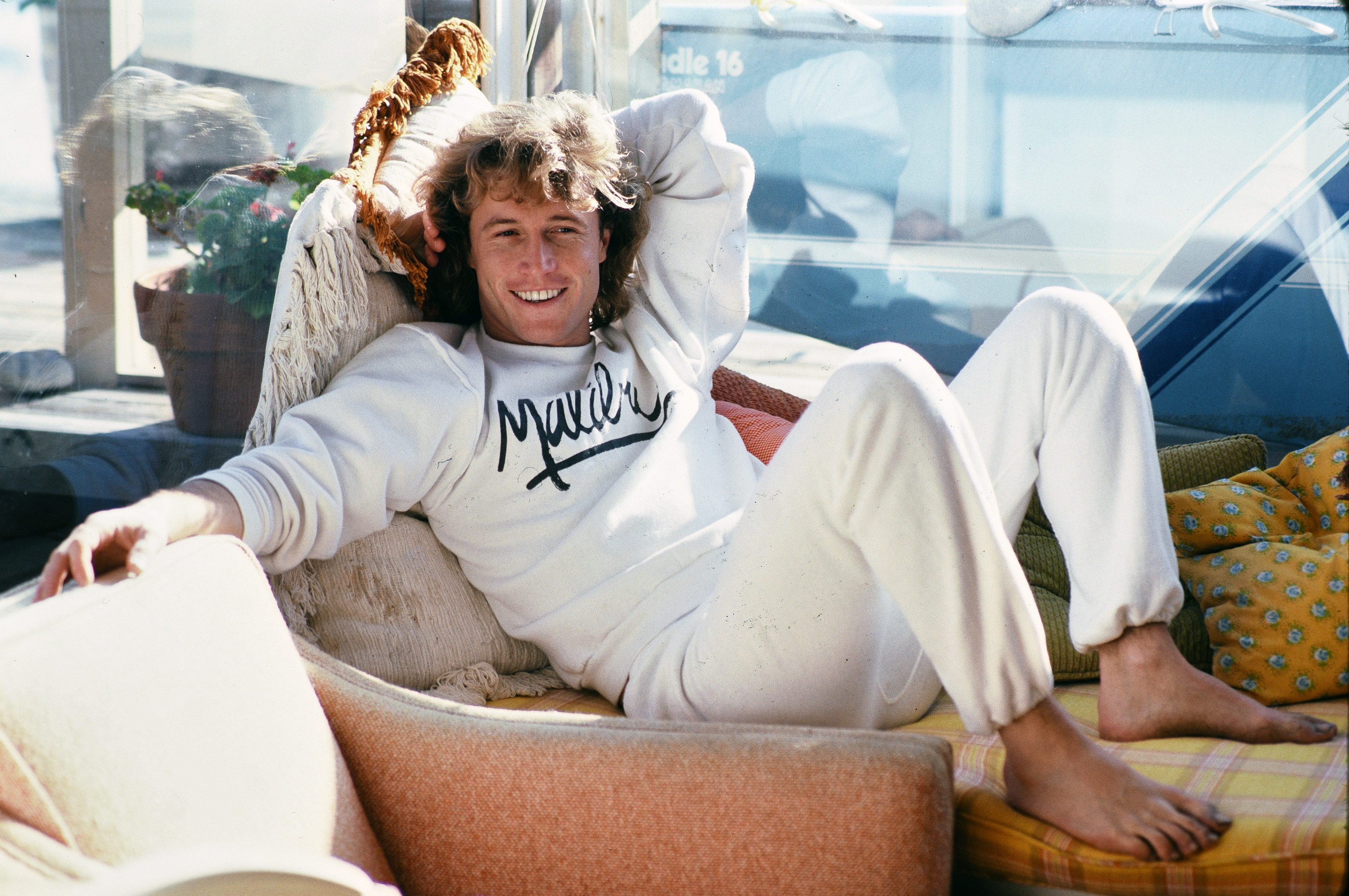
Andy was just 19 at the time. But despite his talent and good looks, the young singer harbored many insecurities, especially about songwriting and having to rely on his big brother. The singer once said:
“I feel I’ve done very little. I know I’ve been lucky and wouldn’t have gotten as far as I have so quickly if it hadn’t been for my family.”
Barry often reassured him that he and his other siblings couldn’t have done what Andy did. His agent, Jeff Witjas, also tried to get him to see what he was worth, to no avail. Witjas added, “But when he looked in the mirror, you always had the feeling he didn’t see anything.”
However, the young Gibb seemed reluctant to believe it. That’s when rumors about his substance abuse started circulating, and he had to visit the hospital several times for chest and stomach pains. In 1982, the singer told “Good Morning America:”
“I’ve been to hell, and back I suppose, literally. I had a very bad nervous breakdown…. I had everything I wanted, and I just blew it all up.”
His family got him to enter rehab in 1985, but his music career was essentially dead when he got out. However, his siblings wanted to help him and asked him to come to Miami. The eldest Gibb later flew him to London to negotiate a new record deal with Island Records. It was his first in 10 years.
Everything seemed to look up for the artist, but his health issues worsened. After collapsing in Robin’s house, Andy was rushed to the hospital on March 9, 1988. Sadly, he died from myocarditis the next day.
Author Freddie Gershon, who also presided over Andy’s record Label, RSO, said that news of the singer’s death was unsurprising. He added that other celebrities had to develop tougher skin because of many rejections. Gershon explained:
“Andy never built up those layers because he never had to. Andy grew older, but he didn’t grow up. He froze in time at about age 17.”
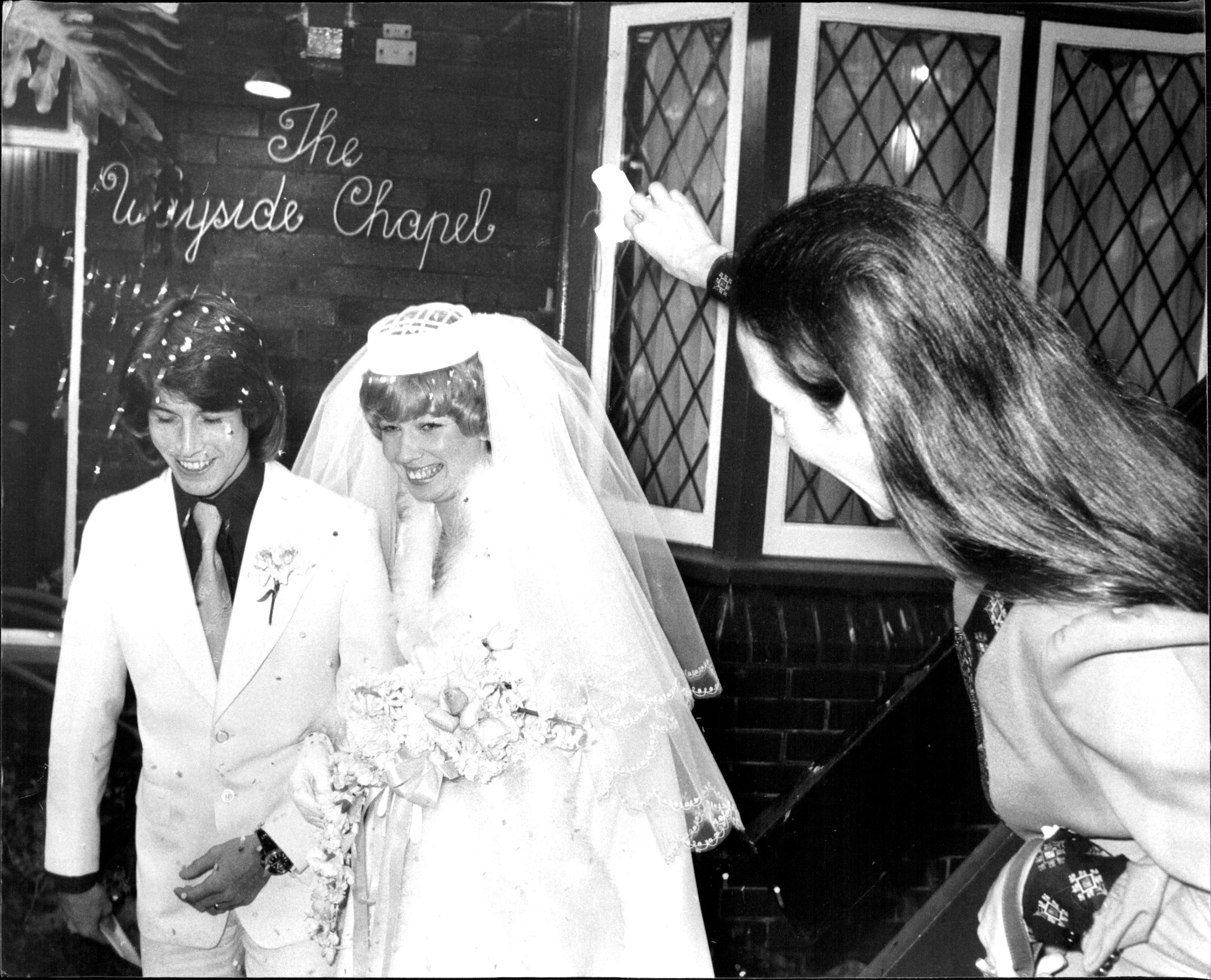
Statements from the hospital said there was no evidence that his substance and alcohol abuse had anything to do with his passing. His myocarditis seemed to be “viral in nature.” Additionally, Dr. William Shell said he had treated the singer for heart inflammation in 1985 and 1986.
However, his drug issues could have likely contributed to his deteriorating health. According to New York cardiologist Dr. George Ellis, long-term use of certain substances can damage the heart and cause it to enlarge.
It’s even more tragic when you think about the kind of talent Andy had. He was nominated for two Grammys after the release of “I Just Want to Be Your Everything” and had already earned almost $2 million. The following year, he made another million dollars.
He sold 15 million record copies worldwide and is the only solo singer in history to have his first three singles at the top of the Billboard charts. However, his fame and money came just as quickly as they vanished into thin air due to his drug use.
Even when he finally went to rehab, his debts amounted to $1.5 million plus another million owed to former manager Robert Stigwood. He had to file for bankruptcy, and his big Bee Gees brothers had to support him financially and emotionally those last few years of his life.
At 19, Andy married Kim Reeder, and in 1977, they moved to West Hollywood. Reeder explained that her husband entered the drug scene fully and “went to the mountains by himself.” She added:
“Cocaine became his first love. He became depressed and paranoid. He wasn’t the man I married.”
In 1978, Kim got pregnant, returned to Australia to give birth to Peta, and separated from Andy. In 1980, she returned to Los Angeles with her daughter. That was the last time they ever saw him.
In the 80s, disco music had fallen out of popularity, but there were still many opportunities for Andy. However, he rejected them all due to his addiction and mental health struggles.
In 1981, he became a co-host on “Solid Gold” with Marilyn McCoo. The producers loved him until he began to miss shooting days. Producer Brad Lachman said:
“He wasn’t being difficult. He was going through problems he couldn’t deal with. He wanted everyone to love him. He had so much going for him, and he just couldn’t believe it.”
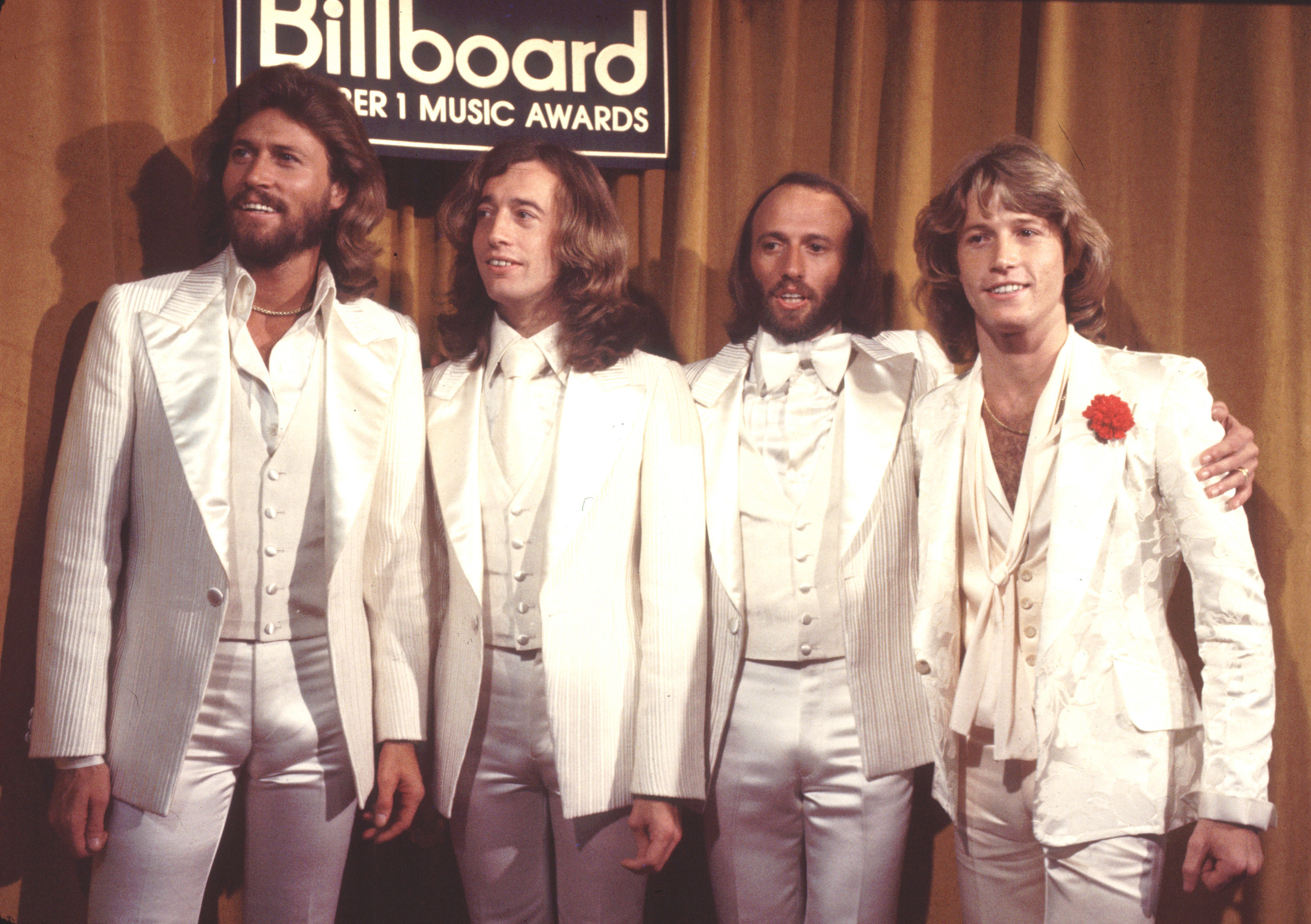
However, he was also dealing with romantic problems. He had fallen for a 31-year-old woman, Victoria Principal, and even Lachman knew something was wrong between them. They broke up after 13 months of dating. The end of that relationship was the trigger for more severe drug use. The singer admitted:
“I just fell apart and didn’t care about anything. I started to do cocaine around the clock—about $1,000 a day. I stayed awake for two weeks, locked in my bedroom. The producers kept calling up, sending cars for me, but I refused to go…. I really think the major reason I fell from stardom was my affair with Victoria.”
Victoria contradicted his statement, explaining that his addiction led to their break up. She tried to help him but couldn’t and had to escape. In 1981, he got the main lead on “The Pirates of Penzance,” but the novelty soon wore off, and he was missing those shows too.
In 1982, he appeared in Andrew Lloyd Webber’s “Joseph and the Amazin Technicolor Dreamcoat,” but he missed many nights and was fired once again. Everyone who knew him wanted him to succeed and hated when he returned looking “like a little puppy” after being gone for long weekends.
Moreover, he liked spending money—both on drugs and other stuff. Stigwood said Andy “blew millions” and eventually got paranoid about everything, including flying on a public plane. Therefore, they had to use private planes, which only contributed to his hefty expenses.
When Stigwood left the music business, Marc Gurvitz became Andy’s manager, and even he said it was difficult for the artist that he wasn’t given “the royal treatment anymore.” He was depressed and wanted to cancel tour gigs too often.
He got clean him between 1985 and 1986 but had only made $24,727 and $7,755 in those years, respectively. However, Andy had one last chance after flying to London with his big brother. He had even called his ex-wife and asked to see their daughter, who was ten by then.
Kim didn’t want to visit, but she told him to come to Australia in September. At the time, they had not seen one another in eight years but talked on the phone regularly.
Kim wasn’t surprised when she heard about his death. She knew that call would eventually come. Their relationship for a decade was tenuous and complicated, but she said Andy continued it because she and Peta “were the only touch with reality he ever had.”
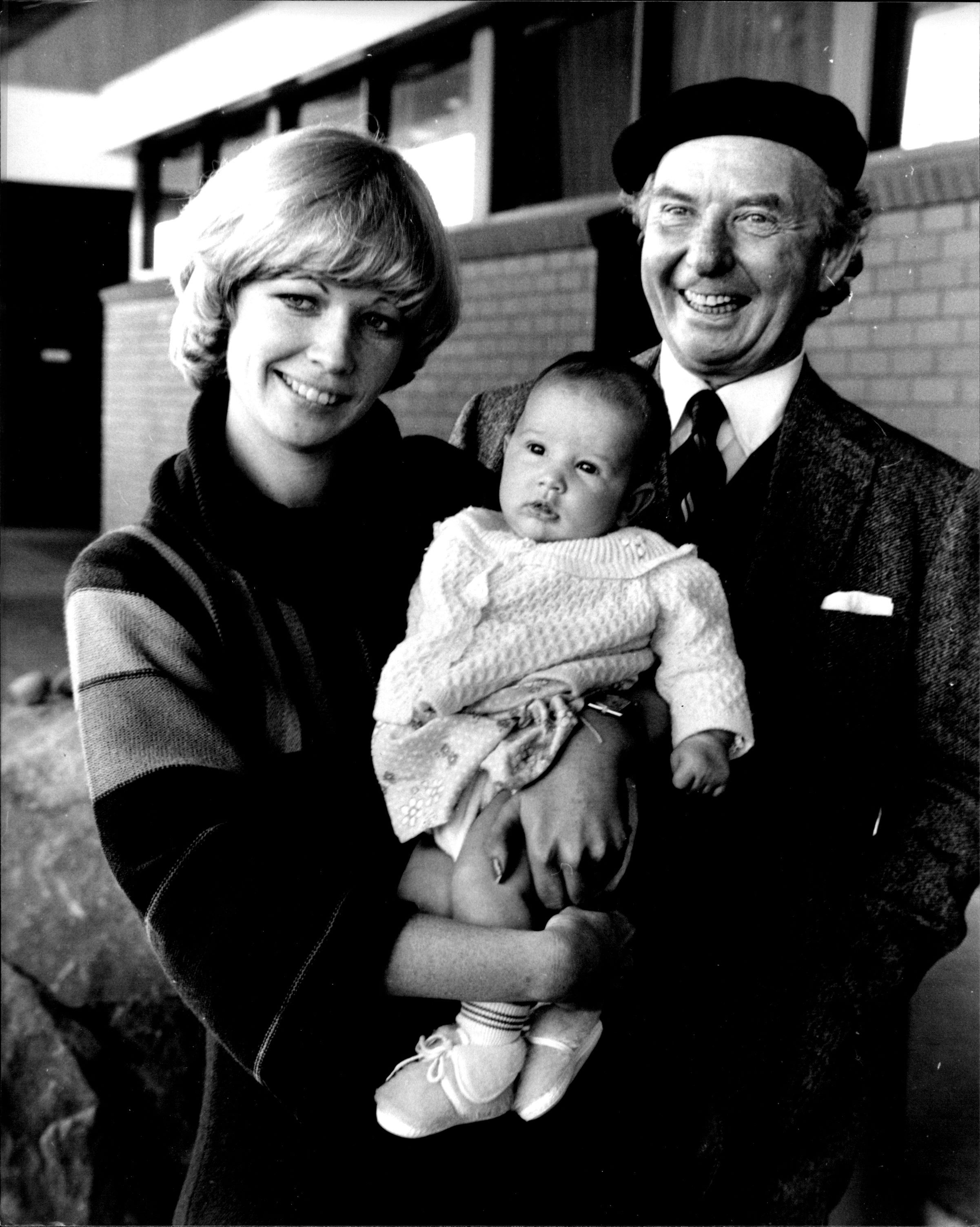
Over the years, Andy’s daughter has stayed away from the limelight and never wanted to open up about her father or what she went through as his daughter. She didn’t know or accept that her dad was a celebrity for many years.
Peta didn’t want to speak about her painful memories and childhood. However, she reunited with her cousins in 2017 to record a special album, “The Gibb Collective.” It seemed Peta was finally ready to join the Gibb legacy. She explained:
“I didn’t have the chance to get to know my father as well as I should have. As I grew, I learned that he was famous and that he had famous siblings, but for me, he was just a guy on the end of the telephone line.”
Peta also talked about her parents’ early days and how her father got so caught up in fame, money, parties, and drugs. “He couldn’t escape,” she revealed. Eventually, his mother gave him an ultimatum, and she left. Despite her father’s success, she grew up as an average child in Australia. Peta explained:
“I knew I had a dad, I knew that he was a singer and that he lived in America, and that’s it really. It wasn’t until much later that I knew he was famous.”
She remembers how her mother pointed at the singer when “Solid Gold” came on television, saying the man was her father. It was hard for the young girl to understand that the “guy in gold pants” was her dad, the person who called every once in a while.
Peta opened up about one particular phone call where her father promised to introduce her to Michael J. Fox. “I was pretty keen on that idea,” she laughed. Sadly, that meeting never happened.
Peta had to experience the downside of having an infamous parent. She recalled being on the cover of gossip magazines and how kids started bullying her. They would taunt her for having a drug-addicted dad.
While her school days were difficult, all Peta wanted was to feel connected to her father. She lamented they never formed a bond:
“I always wished we had a more of a chance to get to know each other. I wanted to be close to him, like any daughter wants with her father. But outside forces conspired against us.”
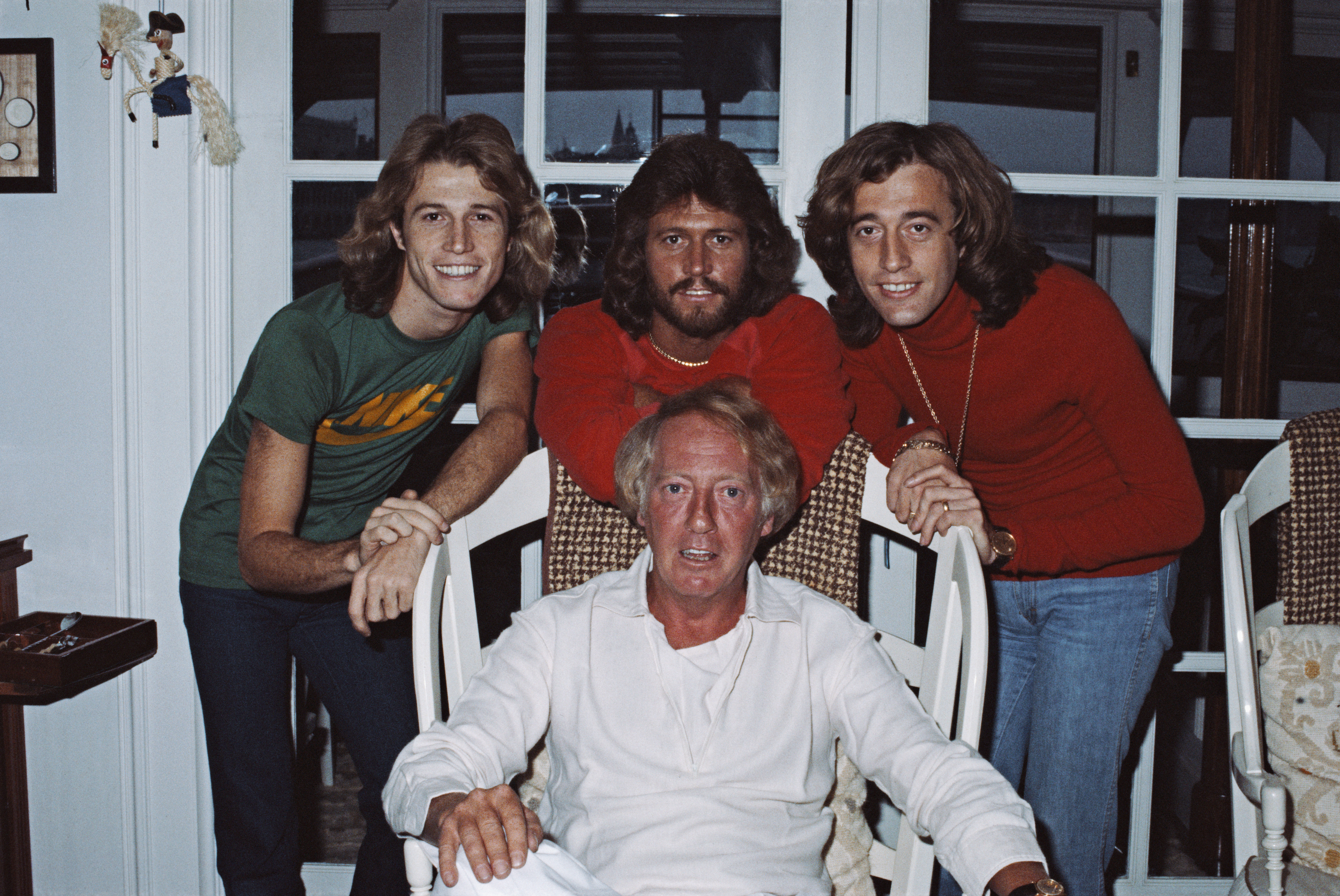
The media hounded Peta after Andy’s death. She was only ten at the time and recalled how she was competing in the district swimming carnival the next day when they got a call about her father’s passing. She added:
“Mum, my grandparents, the phone … everything was going nuts. There was no sleep in the house that night. My father had died, and everyone was freaking out.”
Her family had tried to give her an everyday life, so someone took her to compete at the carnival, and then they went to the airport. Unfortunately, the media hounded her at the competition and chased her to the airport. Peta also revealed that the bullying only got worse after Gibb’s death.
“It was worse than ever after he died. It was torture, I wouldn’t wish that on anyone, and it’s followed me throughout my whole life.”

Peta has always hesitated to speak about her famous father and uncles. People around her were always curious, but she never had much to say. Later, the press hounded her when Maurice and Robin passed, but she also declined to comment.
What’s Peta Gibb Doing Now?
During their brief visit to Los Angeles in 1980, Andy gave Kim a bracelet inscribed with the words: “With all my love – A.G.” It was the last time they saw Peta’s father, and the young girl tried to keep away from the limelight for a long time.
Fortunately, Peta decided to embrace her legacy after reuniting with her cousins. She explained:
“My father is an integral part of the Gibb musical legacy. I came to the conclusion that if anyone was going to represent him, it should naturally be me.”
The singer decided to join the Gibb Collective project as a way to connect with her father and deal with her past. As part of the project, she recorded a song written by her father. She explained:
“I wanted something that was written by him alone. Not that I don’t have huge respect for the stuff that he wrote with his brothers, I just wanted this to be a connection with him and I in the studio.”
Furthermore, the young singer has found something even better during this process: her family. Peta commented:
“I’ve found such a connection with my cousins. The long overdue family reunion to come out of this project is something I never expected. I’m finally able to connect with that side of my life in a positive way, on my terms, and in a way that makes me feel proud.”
Meanwhile, fans were pleased and surprised to see videos of the younger Gibbs singing together. They all agreed that Peta looks like her father and has inherited his talent. She is 45 years old and happy to have formed this bond with her cousins over music and love.



